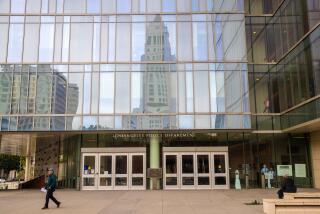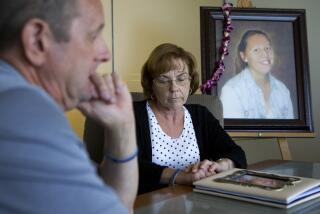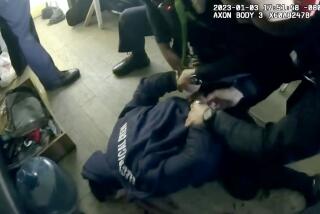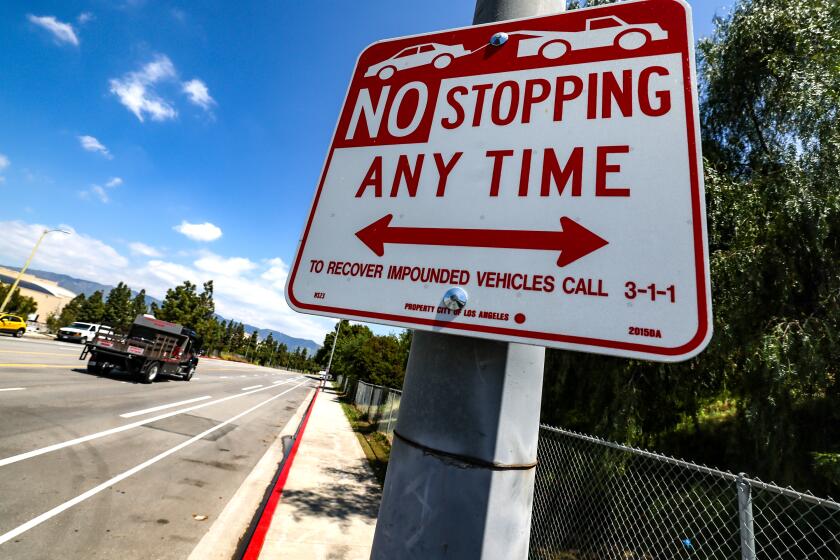O.C. police review groups want officers to give shooting-related testimony immediately. Chief disagrees
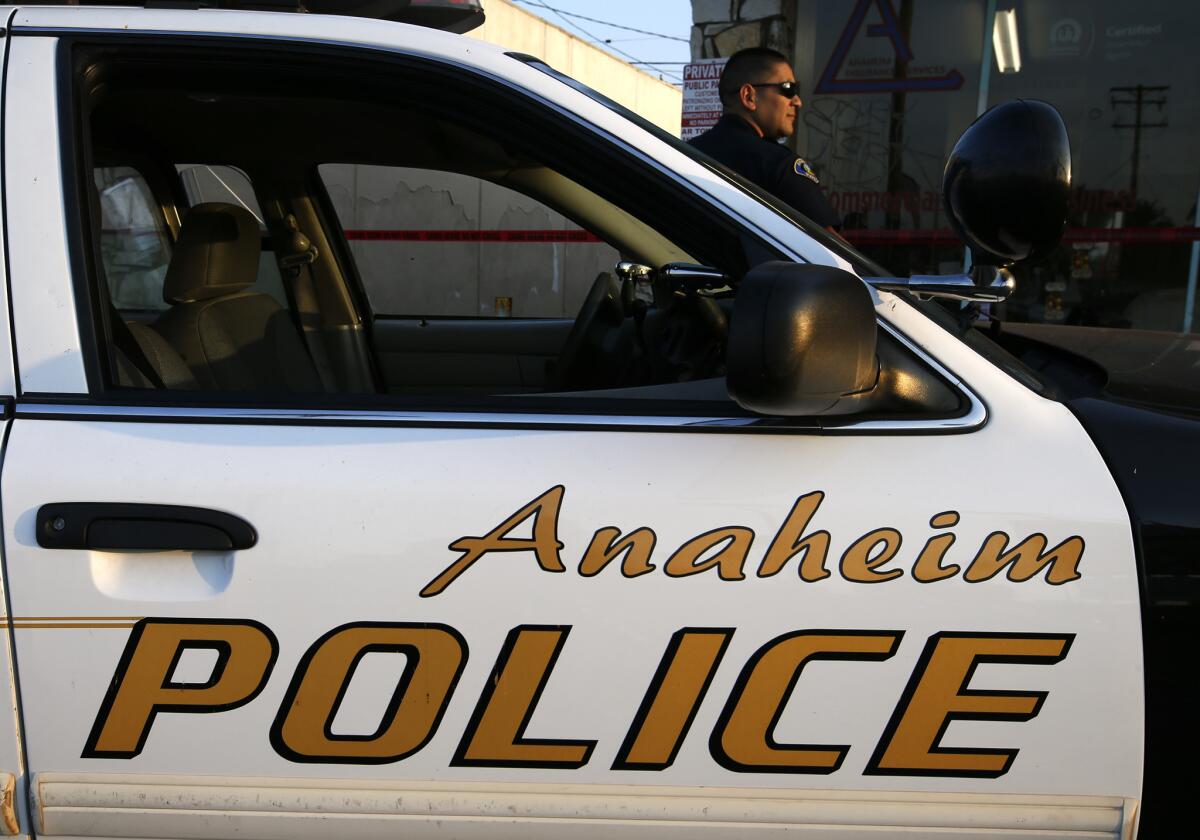
Anaheim Police Chief Jorge Cisneros is declining to implement recommendations from two police review groups that could affect the accuracy of officers’ testimonies following shootings.
The city’s community-driven Police Review Board and the external Office of Investigative Review Group recommended that the police department have officers provide testimony the day a critical incident occurs, rather than within seven days, which is the current policy. The OIR Group also recommended that officers not be shown body-cam footage from incidents they’re involved in before providing their statement.
Those recommendations were presented at this week’s council meeting as part of both groups’ annual reports.
“In our view, it makes sense to have that statement occur much sooner to reduce the chance that anything will interfere with the accuracy of the officer’s testimony,” said Mayra Gomez, a member of the Police Review Board.
But Cisneros, who was named chief in 2018, argued that his policy of giving officers involved in shootings seven days to provide statements is “the norm.”
“Being involved in a shooting is a traumatic event for our community and also our police officers,” Cisneros said. “APD, like most other California police agencies, removes the officer from service … for 72 hours, then we require them to pass a psychological evaluation prior to returning to work. The 72 hours is not something Anaheim made; it’s a norm throughout our profession.”
Cisneros said experts believe that individuals who experience trauma give more reliable information as they “move away from that trauma.”
Michael Gennaco of the OIR Group disagrees. “We believe the officer should be interviewed before the officer goes home that night,” he said.
The OIR Group has been contracted with the city of Anaheim to provide investigations and reports on the police department since 2007. The group is given access to confidential files and is able to monitor debriefings at the scenes of crimes.
The Police Review Board is the city’s civilian oversight board for the police department, with one resident representing each district.
Most council members had little to say about the department’s stance on the two recommendations.
Council members Denise Barnes and Jose Moreno mentioned that it would be desirable to interview officers right away to “make sure the memory is fresh.”
“Another recommendation has to do with body cameras — we would prefer a situation where an officer gives a statement before being exposed to body cameras,” Gennaco said. “That is a point of contention between us and the department.
“We think that the best practice, and memory experts agree with us, is to get the statement from the officer, then allow the officer to see the body-worn camera. If that body-worn camera footage causes his memory to be refreshed, then have the officer enhance his statement.”
Cisneros said the Orange County district attorney’s office conducts criminal investigations when an officer-involved shooting occurs, so it is up to that office to decide how to interview the officer.
“Again, there is a difference of opinion by experts as to whether or not to view the body cam before or after,” Cisneros said.
Moreno said it “seems to be problematic” to allow officers to review video of the incident before their interview.
Gennaco said the department has agreed to implement most of the group’s recommendations and, like many police departments in California, has removed the use of neck holds from its policy following the death of George Floyd in Minneapolis police custody.
Cisneros said the department has implemented more than 90% of the OIR Group’s recommendations over the years.
Councilman Stephen Faessel said at the meeting that he’d like reports from both groups to be presented biannually rather than once a year, expressing concern that some of the cases included in the reports were from two years ago.
“It’s a little discomforting that we are learning about statements and things that have happened approaching two years ago,” Faessel said. “I’m concerned that the timing of these reports are so late for us. Especially police use of force is something we need to be aware of very quickly.”
Brazil writes for Times Community News.
More to Read
Start your day right
Sign up for Essential California for news, features and recommendations from the L.A. Times and beyond in your inbox six days a week.
You may occasionally receive promotional content from the Los Angeles Times.
